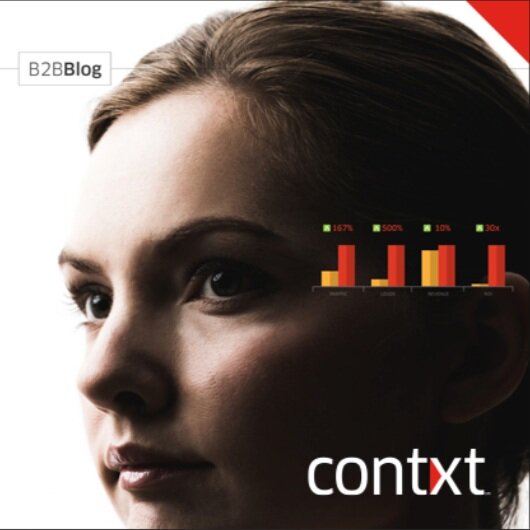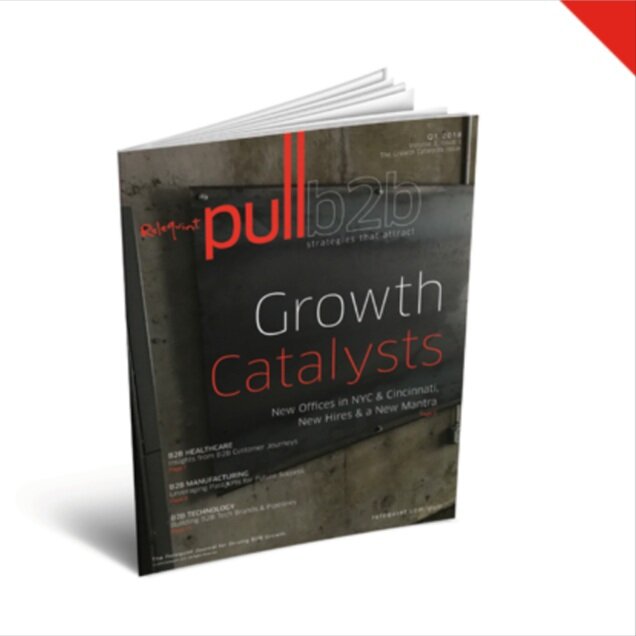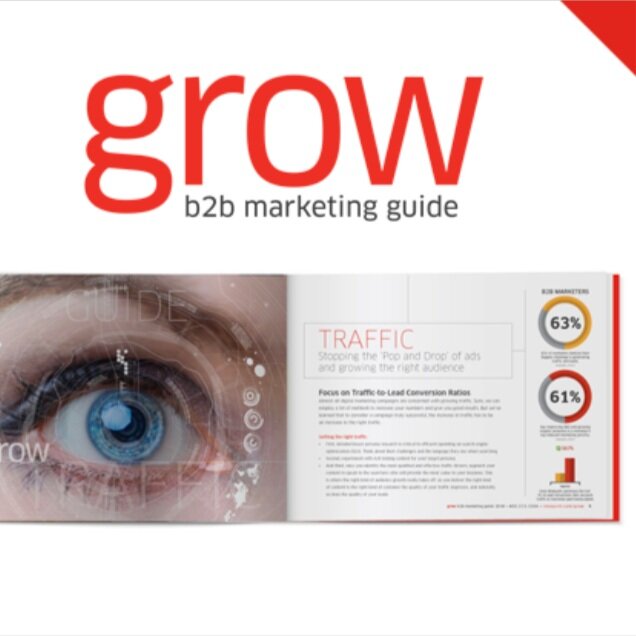On a fundamental level, you know ROI is paramount. Above all else, it justifies your budget. It validates your strategy. It sheds light on strategic efficacy — even though ROI, itself, can be hard to track and capture. For this reason, B2B healthcare marketing departments can fail to take a step back that would allow them to get a fuller picture of that ROI.
Often, less important marketing KPIs obscure the view.
As a result, you struggle to meet all your KPIs and it's sidelined your C-suite trajectory. Bottom line: You need a return on investment analysis now. Here's why it's time to make this assessment.
Why Is Understanding ROI Critical in B2B Healthcare?
Obvious reasons above aside, ROI is your most financially-centered goal. While it's nice to see engagement on social media or high lead conversion rates, at the end of the day, ROI is what matters.
However, ROI is a delayed indicator of success. It's not as simple as measuring a click-to-conversion ratio, which offers you instant feedback. For this reason, many B2B healthcare organizations keep on doing what they're doing, hoping the ROI will follow. They don't make B2B healthcare ROI a priority because they assume that ROI happens down the road.
The problem with this way of thinking is that it keeps pushing that ROI down the road, hindering your ability to realize ROI now.
We'll see a stark difference if we compare this mentality to the top B2B healthcare companies. These healthcare marketing leaders put ROI front and center from the start. They track and measure it right out of the gate.
Because honestly, if you're not tracking it from the beginning, how will you know when or if your B2B healthcare ROI is going up? You won't. And this is where so many healthcare marketing executives find themselves today.
Why Aren't "We" Measuring ROI?
The greatest barrier for most CMOs appears to be the lack of technology to track ROI. In many cases, that ROI exists. But just like a medical student learns, "not documented; not done", rings true in marketing. If you aren't tracking it, it doesn't exist.
Let's face it: those at the top of healthcare marketing are rarely asked to show their ROI. For them, ROI's a given. But for the rest of us, as marketing budgets rise, the C-suite pressure to show B2B healthcare ROI increases.
As a CMO or high-level marketing executive, you need an effective return on investment analysis to show your boss that what you're doing is working for them. And while healthcare marketing ROI may still seem a hard metric to nail down, know that across B2B healthcare, companies are getting better at tracking ROI. They're recognizing that this is an area for improvement, and they're working to bridge that gap.
What does that mean for you if you still don't have analytics and automation infrastructure in place? As with so many aspects of B2B healthcare marketing, it means you may — and will — struggle to stay competitive until you get a 360° view of your return on investment.
How to Get a Handle on Your B2B Healthcare ROI
Marketing automation is the answer. When used effectively, it cuts customer acquisition costs while increasing the consistency and quality of sales leads. You can seamlessly nurture contacts, increase sales conversions, and improve customer retention through automation.
Automation also saves your team a lot of time to focus on the more creative aspects of marketing they love. It accomplishes this by producing personalized communications based on both contact behavior and what you know about them.
As if that weren't enough reason to invest in martech, marketing automation is also tracking every interaction you have with leads all in one place. It can therefore provide you with the single-view report on ROI you need to clearly show the B2B healthcare ROI you're producing as CMO.
How Relequint Can Help
Relequint helps B2B healthcare CMOs get the most out of marketing automation tools like HubSpot. We provide you with an in-depth return on investment analysis, so you can see how accurately and thoroughly you're tracking your ROI.
What can you do with this information?
On the one hand, you can prove what you may already know as CMO. What you're doing is working. Your methods attract the right audience, efficiently generate sales-qualified leads, and cut customer acquisition costs over time. You're delivering a high ROI.
On the other hand, what if your current picture isn't this idealistic? A return on investment analysis will precisely highlight where you need to focus your efforts to generate more qualified leads, improve marketing-sales alignment, retain B2B healthcare accounts, and deliver a high ROI. We help you leverage what you learn to increase brand visibility, get more traffic, generate more sales qualified leads, and improve your ROI.
We encourage you to learn more about how we helped one B2B healthcare company improve their ROI tracking and reporting on ROI to increase new customers by 113% in just 12 months. If you want to learn how to improve ROI tracking and reporting, then you need to start with an assessment. Relequint’s B2B Balanced Scorecard will help you align your overall business goals with your strategy to increase your healthcare ROI. Click here to learn more.







 By
By 
